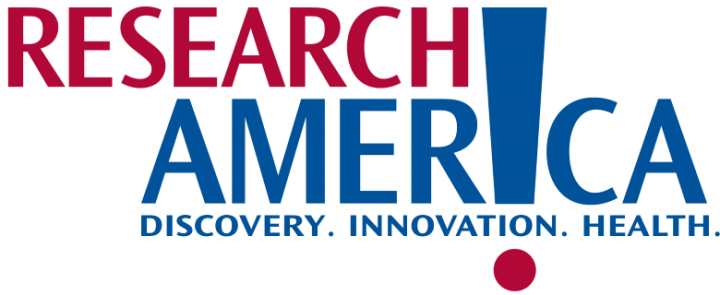Research!America President and CEO Receives Health Policy Award from New York Academy of Medicine
Arlington, VA – Research!America congratulates President and CEO Mary Woolley for receiving The New York Academy of Medicine’s Academy Medal for Distinguished Contributions in Health Policy. The award was presented […]
More: Research!America President and CEO Receives Health Policy Award from New York Academy of Medicine




